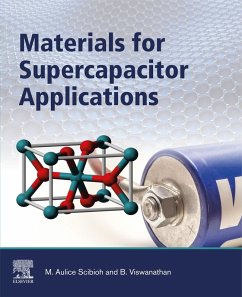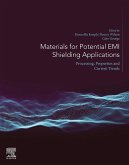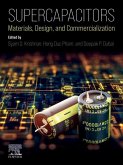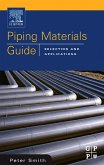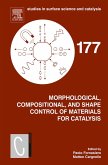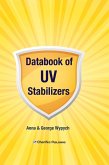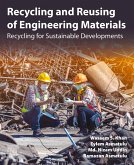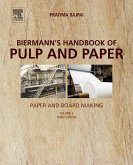Materials for Supercapacitor Applications provides a snapshot of the present status of this rapidly growing field. It covers motivations, innovations, ongoing breakthroughs in research and development, innovative materials, impacts, and perspectives, as well as the challenges and technical barriers to identifying an ideal material for practical applications. This comprehensive reference by electro-chemists explains concepts in materials selection and their unique applications based on their electro-chemical properties. Chemists, chemical and electrical engineers, material scientists, and research scholars and students interested in energy will benefit from this overview of many important reference points in understanding the materials used in supercapacitors.
- Provides an overview of the formulation for new materials and how to characterize them for supercapacitor applications
- Describes all the information on the available materials for supercapacitor applications
- Outlines potential material characterization methods
- Discusses perspectives and future directions of the field
Dieser Download kann aus rechtlichen Gründen nur mit Rechnungsadresse in A, B, BG, CY, CZ, D, DK, EW, E, FIN, F, GR, HR, H, IRL, I, LT, L, LR, M, NL, PL, P, R, S, SLO, SK ausgeliefert werden.

